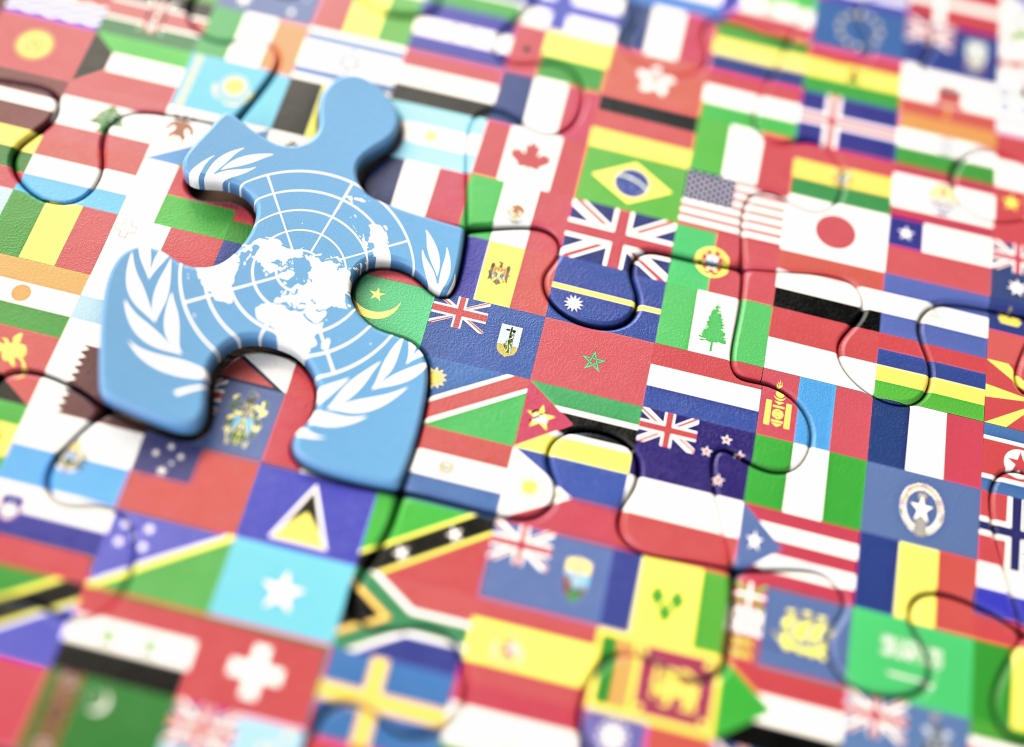The clock is ticking on the countdown to the enforcement of the EU 904 Directive in July 2021, targeting a ban in the usage of single-use plastics all across Europe.
We remind you that in March 2019, the European Parliament approved a Directive that will ban the placing on the market of some disposable plastics in the European Union (EU) from 2021, plastics such as cotton bud sticks, cutlery, plates, straws, food containers made of expanded polystyrene, glasses etc. Read more about the Directive and prohibited products here.
Countries all across the EU are gearing up for the implementation or have already instated laws that transpose the SUP Directive requirements in their national legislative framework. In last month’s newsletter, we presented examples from France, Hungary and even from a non-EU member, Serbia, which you can review here.
In the meantime, here are some other examples from member states:
Spain devises draft law for taxation of plastic waste & prohibition of single-use plastics
On June 2nd, the Spanish Cabinet approved a draft law that introduces a new tax on plastic waste, among other environmental measures.
The law also foresees the application of an indirect levy, which will tax the manufacture, import or acquisition of non-reusable plastic packaging from other European Union countries for use in the Spanish market, according to the Spanish Ministry for Ecological Transition.
The draft legislation seeks to transpose and implement EU directives on plastic waste that contributes to ocean pollution. It includes bans on single-use items such as straws, balloon sticks and plastic cutlery, effective on July 3rd of next year.
The Spanish ministry said that the proposed tax is similar to what other countries such as the United Kingdom and Italy are planning to introduce. It would require payment of €0.45 for every kilogram of plastic packaging, and is expected to bring in annual revenue of close to €724 million, based on 2017 figures.
Where takeaway food containers are concerned, in 2023, plastic and single-use food containers will no longer be free, and their price must be reflected on the sales ticket. These products must be gradually phased out and replaced with reusable ones.
Greece will end the use of disposable plastics by July 2021 and will introduce SUP ban in January 2021
On May 31st this year, eight months after first announcing the plan, Greece’s New Democracy government said it will finally be the one to end the use of disposable plastics, beginning July 1, 2021, not this year, as initially announced.
Environment & Energy Minister Kostis Hatzidakis made the declaration at Schinias beach outside the capital city, where he inaugurated a joint partnership with the AC Laskaridis Charitable Foundation on the Greece, Free of Single-Use Plastics campaign.
That was reported by the Sydney-based Greek City Times which said the ban will cover plastics used only once before they are thrown away or recycled, including plastic bags, straws, coffee stirrers, soda and water bottles and most food packaging.
At the event, where volunteers cleaned the beach from plastics, Hatzidakis said the end to single-use plastics will be introduced to the public administration sector six months before it goes public, on January 1st 2021, to give businesses and people time to adjust.
Germany bans single-use plastic products in line with SUP Directive deadline
The German Cabinet came to the agreement after months of speculation and the ban will mean the country falls in line with the EU directive to reduce waste. The prohibition will come into effect from July 2021.
The German Cabinet agreed to end the sale of single-use plastic straws, cotton buds and food containers from July next year, bringing it in line with a European Union directive intended to reduce the amount of plastic waste.
The move means the sale of single-use cutlery, plates, stirring sticks and balloon holders, as well as polystyrene cups and boxes, will be banned from July 3rd, 2021.
The Netherlands bans disposable plastic products and introduces education campaign for alternatives to single-use plastics
New measures will be taken next year from July 3rd in The Netherlands as well, in order to stop the incredibly high amount of plastic waste ending up in the ocean and in the environment in general.
These measures include a ban on some disposable plastic products, educational campaigns on alternatives to single-use plastics, as well as the recycling of more plastic products. The exact items the Netherlands will be banning are currently unknown.
This is part of a broader coordinated directive of European Union countries with the purpose of tackling plastic. All EU countries must include this directive in their national legislations.

